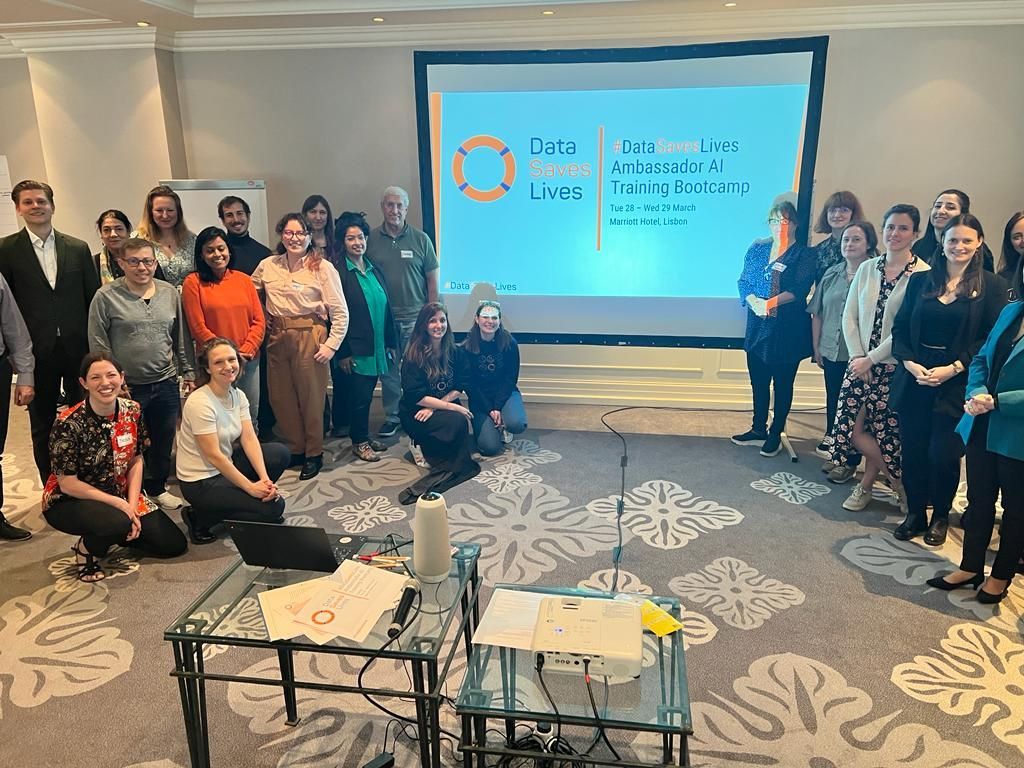Innovation is pacing faster than ever, and Artificial Intelligence (AI) and its applications have already entered our lives. The healthcare sector is already using AI, and as patients' representatives, we hope it will improve patients’ quality of life. However, patients are often left behind, not always informed, consulted or involved in the design, application and use of AI in their health.
In March, EFA participated in the European Patients Forum Data Saves Lives bootcamp on AI. EFA Junior Project Officer Angelica Valeria Rossi attended and brought back to EFA more knowledge about the potentialities, limitations, opportunities, and threats of AI in healthcare for patients. Additionally, it was an enriching opportunity to reunite experts in the AI sector with patient advocates, and to understand how this relationship can flourish in favour of patient-centricity.
Here are our takeaways:
- AI is a powerful technology that can be beneficial to optimize access to healthcare. As it is used, in medical devices and research (as in the case of EFA’s EU-funded project TOLIFE, which aims to learn and detect COPD exacerbations using AI, and then later use the outcomes to build a software for patients and physicians), it optimizes processes and help healthcare professionals in diagnosis, prescriptions and monitoring, speeding up the access to treatment for patients.
- The AI sector is fast-paced and there is a hurry to bring the products to the market. However, regulation about those products is falling behind.
- AI developers are not familiar with the existence of patients’ associations, their roles and their potential. Once they know them, developers express the desire to involve patients in the development of AI technologies to make them more user or patient-friendly, and instrumental for patients.
All patients' associations attending the bootcamp highlighted the following worries about the use of AI in healthcare:
- Data quality: it must be non-biased and representative data to be able to train the technology (machine learning) as safety issues can arise due to low quality and non-validated AI systems.
- Technology design: there is currently a lack of involvement of patients in the design of AI solutions; and inappropriate use of AI-generated results (insurance, employment, criminal cases).
- Digital education: patients should be given the knowledge to understand the nature and use of AI.
EFA is vocal on the use of digital health technologies for allergy, asthma and COPD. If you wish to learn more please check our Policy Brief on the European Digital Health Space and our survey report on The Asthma and COPD digital journey in Europe.
